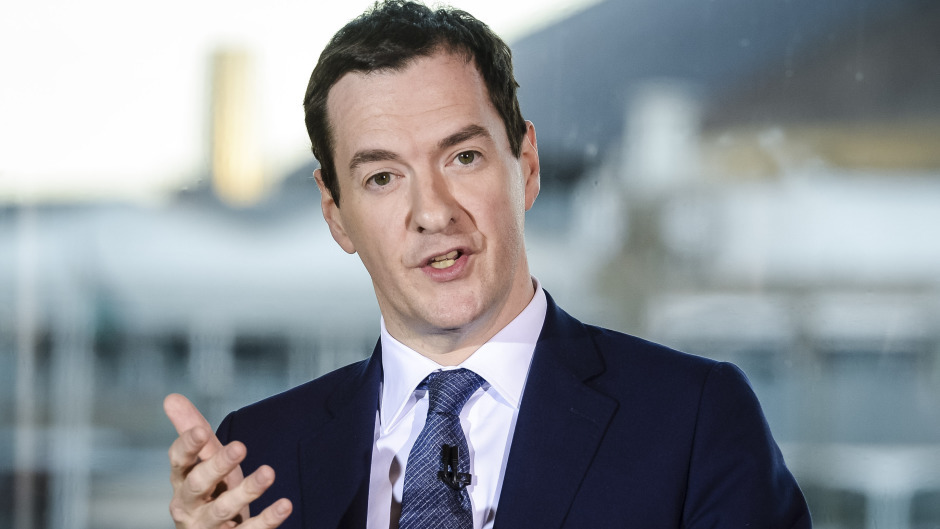Scottish Secretary David Mundell last night hailed today’s Budget – the last before new powers over tax and welfare are handed to Holyrood – as “truly historic”.
It will be the final time George Osborne steps up to the Despatch Box to announce the rates and bands of income tax for the whole of the UK.
Mr Mundell, who steered the Scotland Bill through the Commons, told the Press and Journal it would be a significant moment and “something to be noted”.
He added: “It’s a historic event because next year the Scottish Parliament will be setting income tax rates and the bands for it.”
The Budget is also expected to mark an important moment for the beleaguered oil and gas sector, which has ploughed £300billion into Treasury coffers over the decades.
After sustained pressure over many weeks from all sides, it is hoped the chancellor will announce a package of measures to help the North Sea industry survive the downturn.
At the start of the week, during the Commons debate on the Energy Bill, Tory Minister Andrea Leadsom dropped a big hint that Mr Osborne planned to unveil new support.
She said both the chancellor and prime minister had looked “carefully” at the situation and insisted the interests of the UK Continental Shelf were being “very carefully considered”.
And she told SNP energy spokesman Callum McCaig she hoped he “would be pleased” to hear what Mr Osborne had to say.
Another government source reiterated her points last night, saying the Budget would be the “response to those concerns”.
Aberdeen South MP Mr McCaig – among those leading the charge for support – has repeatedly called on the chancellor to maintain a “laser like” focus on the industry.
He has insisted now is “precisely the time” for tax cuts, underlining the benefit to the wider economy and current minimal cost to the Treasury – given the fall in receipts.
And, highlighting the job losses, the former Aberdeen City Council leader has also said it is time for payback after all the years of plenty, a call echoed across the industry.
Last week, Aberdeen and Grampian Chamber of Commerce warned the chancellor tax reform would be vital to the continuing success of the North Sea.
The measures it proposed include a permanent reduction in the headline rate of tax, achieved by reducing the supplementary charge and petroleum revenue tax (PRT) immediately by a minimum of 10%.
The chamber also argued for the need to reflect the maturity of the North Sea basin in setting tax rates.
Laying out its demands, industry body Oil & Gas UK said support would send a signal to global investors that the North Sea was open for business.
It called for a permanent cut of 20 percentage points to the current 50% tax on production profits and the total removal of the PRT.
And it said exploration should be encouraged by the permanent removal of special taxes from discoveries made over the next five years.
Other requests coming from across the sector include government loan guarantee schemes to improve access to finance and measures to ensure the easier transfer of late life assets to smaller companies.
In last March’s Budget the chancellor announced tax breaks worth £1.3billion over five years.
But Oil & Gas UK chief executive Deirdre Michie branded them “so last year” at an energy conference earlier this month.
She insisted the situation had “fundamentally changed” over the past 12 months.
Separately, the Scotch Whisky Association has been lobbying for another 2% cut in excise duty on spirits.
The chancellor has also faced calls to freeze fuel duty amid fears of an increase.


